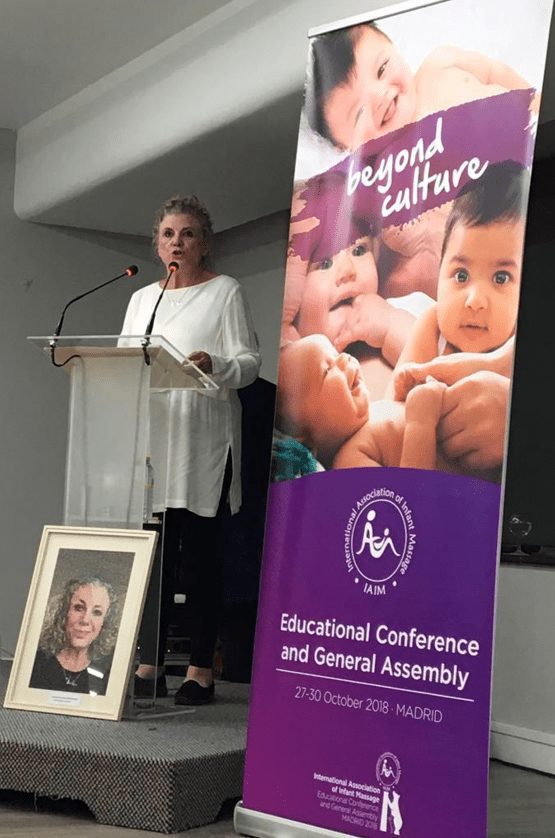New Research Says Talking to Your Baby Stimulates His Brain Well Before He Utters Those First Words
Babies usually start speaking by their first birthday, but new research suggests talking to your baby stimulates his brain well before he utters those first words.
A study, published in the journal Proceedings of the National Academy of Sciences, compared how 7 and 11 month-old babies from English-speaking families processed sounds from English and Spanish.
Dr. Patricia Kuhl, the lead researcher on the study, said, “Babies are citizens of the world, they’re not committed to any language or any languages. They’re just open.” Researchers at the University of Washington looked at 57 babies who were 7, 11 and 12 months old. The babies sat in an egg-shaped, noninvasive brain scanner that measures brain activation, and listened to speech sounds played over a loudspeaker. The researchers examined patterns of brain activation in areas of the brain that analyze sound, as well as areas that plan the motor movements required to produce speech.
At 7 months, infants responded equally to sounds from both English and Spanish.
At 11 months, however, the infants saw greater activation of the motor areas in the brain for English sounds. Kuhl said this suggests that as infants’ brains develop further, they focus on sounds familiar to them.
“What we believe is happening is that the babies are dying to talk back,” Kuhl said. “It means that babies even at an early age are practicing and rehearsing and activating their brains in a social way so that when we serve something to them, they’re attempting to volley back.” These findings reinforce the importance of talking to your baby, instead of just plopping him or her in front of the television.
“Babies recognize and can distinguish the sounds only if they heard live speakers present to them – only if they were interacting socially,” said Kuhl. “When babies look at the TV set, they seem interested but their brains don’t learn,”
Dr. Gordon Ramsay, director of the spoken communication laboratory at the Marcus Autism Center in Atlanta, said multiple elements are at play when infants learn how to speak. “The message for parents is that speech acquisition in infancy is built upon a scaffold of sensory experience, motor activity and social interaction,” Ramsay said. “All these components need to come together in the natural resonant coupling between child, caregiver and environment if every child is to progress along the path to spoken language.”
Ramsay continued,“Babies recognize and can distinguish the sounds only if they heard live speakers present to them — only if they were interacting socially. “The message for parents is that speech acquisition in infancy is built upon a scaffold of sensory experience, motor activity and social interaction. All these components need to come together in the natural resonant coupling between child, caregiver and environment if every child is to progress along the path to spoken language.”
This study emphasizes the importance of parents talking (and singing, as in previous studies) to their babies. We finally have some scientific evidence that promotes both talking and singing (Ami Tomake) during the massage.
Previous blog posts are about studies that show the benefits of talking and singing:
Researchers Study Infant-Directed Singing
Touch Influences How Infants Learn Language
Babies Learn to Speak by Hearing Their Own Babble
Who’s Better at Baby Talk, Mom or Dad?
Improving Babies’ Language Skills Before They Start to Talk
Bouncing to Music Can Help Babies Bond, Become More Cooperative, and Learning In Infancy Reaps Long-Term Benefits
All combine with this study to show the importance of talking, singing, and ‘motherese,’ to help babies with language development.
— Vimala McClure




